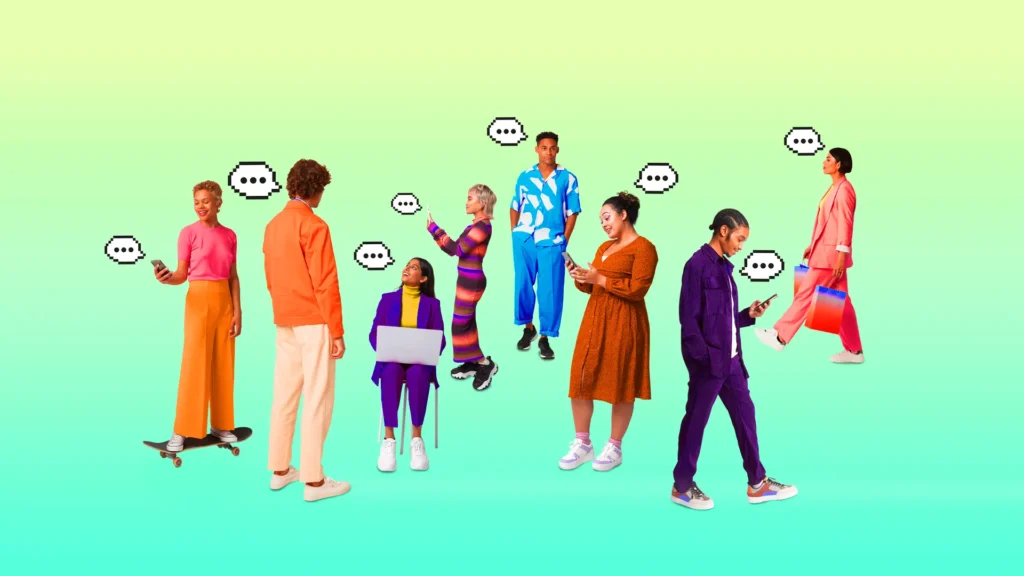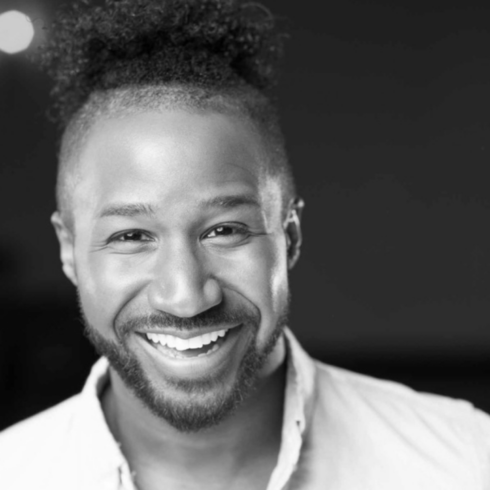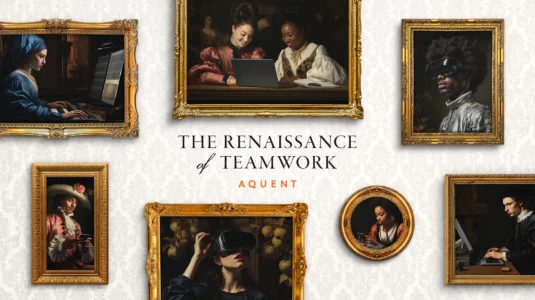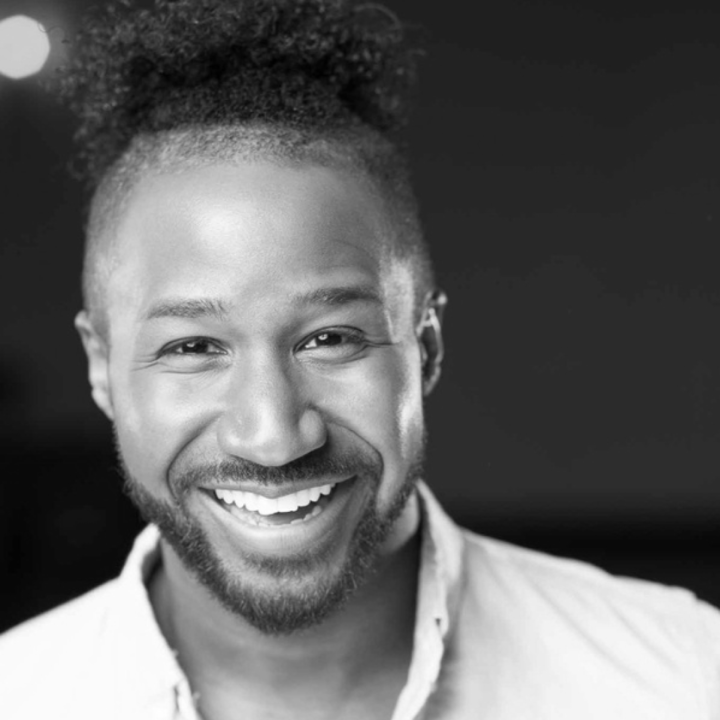

Key Takeaways
- A recruiter should invest in the organization, themself, and the candidates to foster an inclusive environment.
- Diversity and inclusivity are essential for creating a high-performing team.
- Self-reflection on one's own biases and investing in professional development are essential for an equitable hiring process.
- Take cultural differences into consideration and strive for transparency and mutual respect.
- Investing in the transition of new hires is important for fostering a sense of belonging within the team.
Listen: Why inclusive hiring makes me a successful recruiter.
The role of recruiters extends far beyond simply filling vacancies. We are ambassadors for our organization's culture and value system, and we are tasked with identifying talent who will enrich our teams and drive our mission forward. This is a tall order for even the most seasoned recruiters, but it becomes much easier when we focus on inclusive hiring practices.
There are many opportunities for inclusive hiring that reflect DEI best practices, from your approach to candidate sourcing and outreach to identifying the unique value of each applicant to demonstrating empathy and understanding during the interview process. Read on as I share what I've learned and what's been most successful in building diverse, high-performing teams at Aquent.
What is inclusive hiring, and why is it important?

Inclusive hiring is often defined as the process of identifying, attracting, and selecting candidates for employment without bias. But I would add that it's also about understanding the unique backgrounds and potential challenges faced by job seekers, especially those from marginalized communities, and making the process more accommodating and accessible for everyone. As a recruiter, I've done my job well when every candidate is evaluated fairly and feels valued and heard throughout the hiring process.
By developing inclusive hiring practices, we not only improve recruitment but also set the tone for the workplace. This approach shows new hires that they are entering a welcoming environment. It also sets expectations for the entire organization and allows everyone the opportunity to fully engage and contribute.
I like to compare hiring for diversity and inclusion to making a salad. A salad made solely of lettuce is bland, but adding tomatoes, walnuts, raisins, apple slices, and vinegar enhances the flavor. Similarly, diversifying our teams enriches our company's culture. It adds different perspectives, experiences, and ideas that amplify our collective ‘flavor.' We strive for a vibrant, diverse company culture that people want to be part of, just as one would prefer a flavorful salad over a plain lettuce one.
Invest in your professional development as a recruiter
To improve your hiring efforts, it's important to address any unconscious biases and recognize the privileges that may lead to blind spots. Regular self-reflection is key in this process. As a recruiter, it's not just about the number of hires but also about positively impacting the business through your role.
Investing in professional development is crucial. By taking courses in recruitment, diversity and inclusion hiring, talent development, and acquisition, you can sharpen your skills. Equally important are courses on diversity, inclusion, and bias. Understanding cultural differences and embracing diverse perspectives are essential for effective recruiting. This knowledge comes from research, experience, and open conversations.
A great way to interact with different groups within your company and extend your horizons is to become a member of Employee Resource Groups (ERGs). These groups offer invaluable insights into different lived experiences and provide a platform for supporting each other.
Furthermore, investing time and effort in learning how to be a better ally can significantly contribute to fostering an inclusive environment. This involves not only educating ourselves about the challenges faced by marginalized groups but also actively standing alongside them in their fight for equality.
Engaging in open and honest conversations with individuals from these groups can further enhance our understanding and empathy. One of the ways to do this as a recruiter is by soliciting feedback from candidates throughout the recruitment process. Their input can offer a unique perspective on our practices and highlight areas where we might improve.
Never stop learning and growing. There have been times when I've had to adapt my approach based on an applicant's needs. For example, if they have primarily worked outside of the U.S., I need to consider if they require visa sponsorship, or if there may be language barriers that we'll need to address in the future.
Inclusive hiring starts with recruiter outreach
My first step in recruiting is identifying areas within our teams where there may be gaps or underrepresentation. I work closely with our hiring team, analyzing the data to understand which groups are currently underrepresented within our organization.
I then aim to target locations and communities where there may be a concentration of individuals from these underrepresented groups. In my sourcing, this could involve exploring LinkedIn and Facebook groups or other resources that align with the diverse demographics we're seeking:
- For instance, if we lack Hispanic or Latinx representation, I would focus on areas like Florida or Texas, which have high populations of these communities.
- When considering LGBTQ+ representation, I consider large hubs like San Francisco, Chicago, and New York. However, I also look at smaller, often overlooked towns in places like Indiana or Alabama, which could offer untapped talent.
- For increasing representation of Black employees, I consider resources such as Historically Black Colleges and Universities (HBCUs).
Overall, my approach when hiring for DEI involves understanding where underrepresented groups might be found and reaching out to these communities for recruitment.
Make candidate evaluations more inclusive

Recruitment is more than just a transaction; it's a partnership between the company and the candidate. As someone who belongs to multiple marginalized communities, I put myself in the shoes of the candidates I recruit. I consider the kind of recruitment process I would want for myself, one that focuses on my abilities and fit for the role, rather than my appearance, gender identity, or sexual orientation.
My ultimate goal is to make sure that every candidate feels valued, supported, and able to showcase their true potential, regardless of the outcome. These are the fundamental aspects of a fair and inclusive hiring process.
Reviewing candidates
When reviewing candidates, it's essential to disregard names or any indicators that might suggest things like a person's gender, ethnicity, nationality, and other protected characteristics. For this reason, I tend to prioritize resumes over LinkedIn profiles, which often include candidate profile photos. I frequently will share anonymized resumes with hiring managers, removing names and pronouns that could lead to unconscious bias.
As I evaluate resumes, I focus primarily on candidates' experience and skills relevant to the role we're hiring for. I don't discount talent whose resume is not 100% aligned to the job description. This approach acknowledges that there's more to a person than their resume and that there's much to learn about a candidate's fit for the role, team, and company through the interview process. By considering talent who are a 70% match, I can broaden and deepen our talent pool, ensuring we hire for core skills and strengths while allowing talent to grow in their roles as we invest in them.
Interviewing candidates
Inclusivity extends to how I interact with candidates as well. This is where it becomes vital to question assumptions and be mindful of different needs. Here are some considerations when it comes to interviewing candidates:
- While most interviews are conducted via audio or video calls, some candidates may not be comfortable with or able to participate in that format. For example, a candidate may have hearing difficulties or may not be able to speak.
- In initial conversations, I don't want to make any assumptions about someone's gender identity, so I use gender-neutral pronouns (they/them) unless they share their pronouns with me.
- I'm also mindful of cultural differences. This means educating myself about different cultures, often through conversations. It helps me connect with people on a more genuine level.
- Since different roles attract different personality types and communication styles, I'm also aware of how I approach conversations and make an effort to adjust my style to put candidates at ease.
These are just a few examples of how recruiters can make the interview process accessible and inclusive for all candidates. I encourage recruiters to think about interviews from the candidate's point of view and make it a priority to create an environment where candidates feel seen, heard, and valued.
Conclusion
My commitment to inclusivity doesn't end once someone is hired. I regularly check in with new hires to ensure they feel like they belong. This includes on their first day, after one week, and then every two or three weeks. These check-ins are an opportunity to provide support, offer resources, and address any concerns. I also encourage new hires to network, join Employee Resource Groups (ERGs), and participate in company events, which helps them feel like a valuable part of the team, even in a remote setting.
Our role as recruiters is so much more than filling job openings. It's about recognizing and valuing the unique experiences each individual brings to the table. This takes a commitment to educating ourselves, acknowledging our own biases, embracing diverse perspectives, and committing to a diversity and inclusion hiring strategy. It's hard work, but incredibly fulfilling to create an inclusive environment that shapes the future of our organization.
Related

Great brand collaborations are the best to strengthen identity.
Design & Experience, Insights & Trends, Marketing & Creative, Beauty and Fashion

Consumer demand and policy are driving EV market growth.
Development & Technology, Insights & Trends, Automotive

Are you missing opportunities to improve health screenings?
Design & Experience, Marketing & Creative, Health


